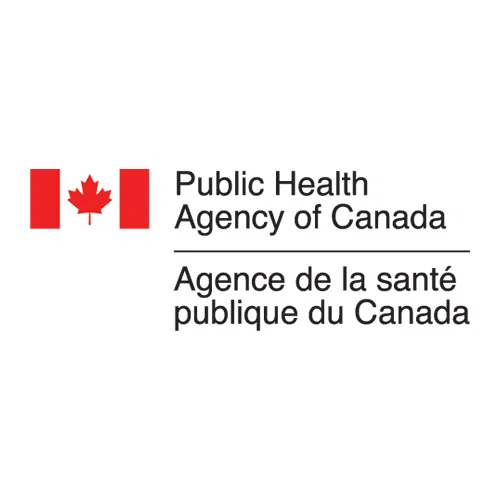
‘Outbreak of Salmonella infections’: Public Health Agency of Canada
OTTAWA, ON – The Public Health Agency of Canada is warning people of an outbreak of salmonella infections.
As of April 5th, 2019, there have been 63 lab-confirmed cases of Salmonella illnesses, 10 of which come from right here in Alberta.
Individuals who became ill are between the ages of 1 and 87. A majority of cases (57%) are female.
